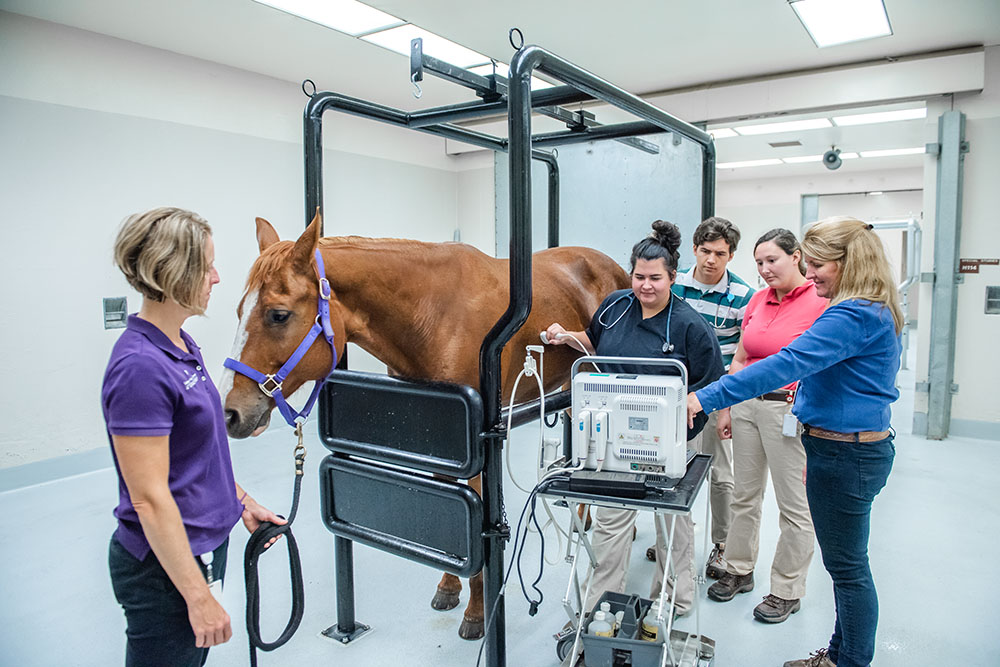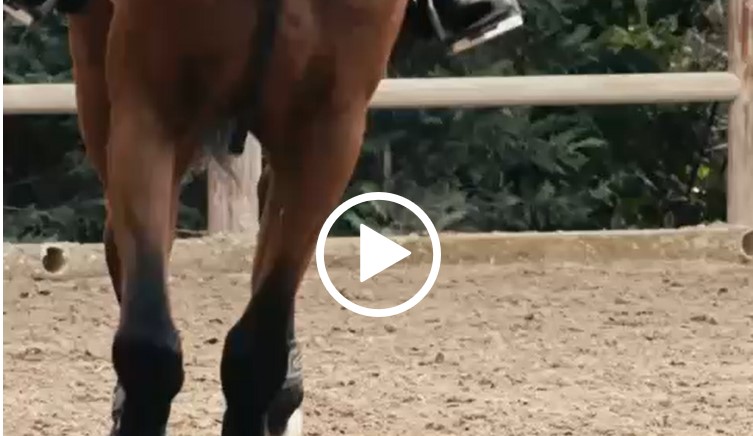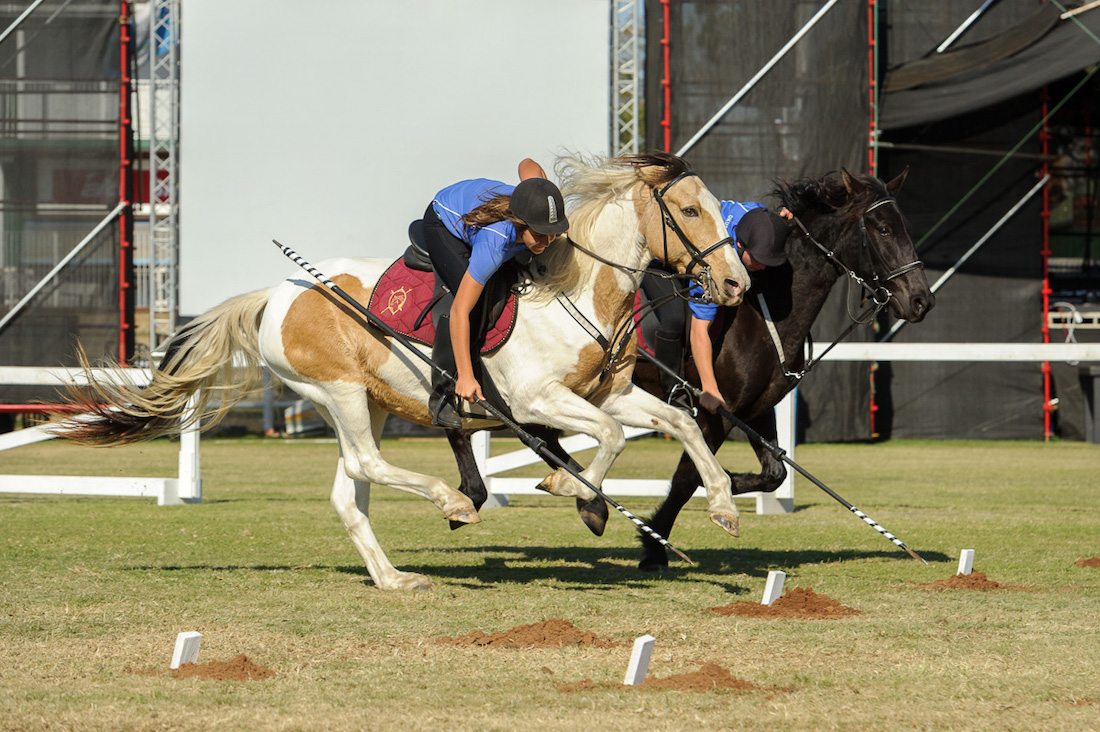Modern Techniques in Veterinary Horse Care

by Ahmed Yousef,
Veterinary horse care is one of the most crucial aspects that contribute to maintaining the health of horses and ensuring their high performance, whether in races or recreational activities. With the advancement of veterinary sciences, many modern techniques have emerged aimed at improving care and providing the most effective treatments to keep horses healthy. In this article, we will discuss the most prominent modern techniques and their importance in equine veterinary care.
Advanced Diagnostic Techniques
With technological advancements, there are now sophisticated techniques that help veterinarians diagnose horse conditions more quickly and accurately. Among these techniques are:
- Magnetic Resonance Imaging (MRI): MRI helps provide detailed images of the horse’s internal organs, allowing veterinarians to diagnose injuries more precisely, particularly those related to joints and bones.
- Digital X-rays: X-rays are an essential tool for diagnosing bone issues and injuries. With the advent of digital systems, clearer and faster images are now available.
- Ultrasound: Ultrasound is used to examine soft tissues, such as tendons and ligaments. This technology has evolved significantly, becoming more accurate and clearer.
Stem Cell Therapy
Stem cell therapy is one of the modern techniques that have revolutionized veterinary horse care. Stem cells are used to stimulate the healing of damaged tissues, such as tendons and joints. This type of treatment helps reduce recovery time and increases the chances of complete healing.
Stem cells are usually extracted from the horse’s blood or fat tissue and then injected into the affected area to promote healing. Studies have shown the effectiveness of this type of treatment in improving the condition of injured horses and reducing the risk of re-injury.
Low-Level Laser Therapy
Low-Level Laser Therapy is a modern technique used to stimulate tissue healing and reduce inflammation. This therapy is especially useful in cases of chronic pain and injuries that need extra support during recovery. The laser helps improve blood flow to the affected area and stimulate the production of new cells.
Customized Nutrition
Customized nutrition has become an essential part of modern horse care. Special dietary programs are designed for each horse based on its health needs and goals. For instance, sport horses require different ratios of proteins and fats compared to horses used for recreational activities. Nutritional supplements, such as amino acids and minerals, are used to improve bone and muscle health.
Smart Health Monitoring Technologies
Smart technology has become an integral part of modern horse care. There are now sensors that can be attached to the horse’s body to monitor its health around the clock. These devices allow for tracking indicators such as heart rate, temperature, and activity level, enabling the early detection of any changes that may indicate a health problem.
Cryotherapy
Cryotherapy is a technique used to reduce inflammation and relieve pain in horses. Ice or cold devices are applied to the affected areas to reduce swelling and promote healing. This technique is particularly used after intense exercises or in cases of acute injuries.
Massage and Manual Therapy
Massage and manual therapy have become an important part of horse care, helping to improve muscle flexibility and relieve tension. Massage enhances blood flow to the muscles and joints, contributing to improved athletic performance and reduced risk of injury.
Regenerative Medicine
Regenerative medicine is one of the newest fields in veterinary care and includes the use of techniques such as Platelet-Rich Plasma (PRP) to promote tissue healing. Plasma is extracted from the horse’s blood and injected into the affected areas to stimulate the healing process. This type of treatment helps reduce recovery time and improve outcomes.
Utilizing Big Data and Artificial Intelligence
The use of big data and artificial intelligence has become a part of modern veterinary horse care. Veterinarians can use aggregated data from thousands of cases to analyze patterns and determine the most effective treatments. AI can also predict health problems before they occur by analyzing the horse’s vital signs.
Veterinary horse care has significantly evolved thanks to advances in diagnostic and therapeutic technologies. Modern methods such as stem cell therapy, laser treatment, customized nutrition, and smart health monitoring technologies all contribute to improving the quality of life for horses and ensuring their best performance. Applying these methods correctly requires collaboration between veterinarians and breeders to provide comprehensive and integrated care for horses.




